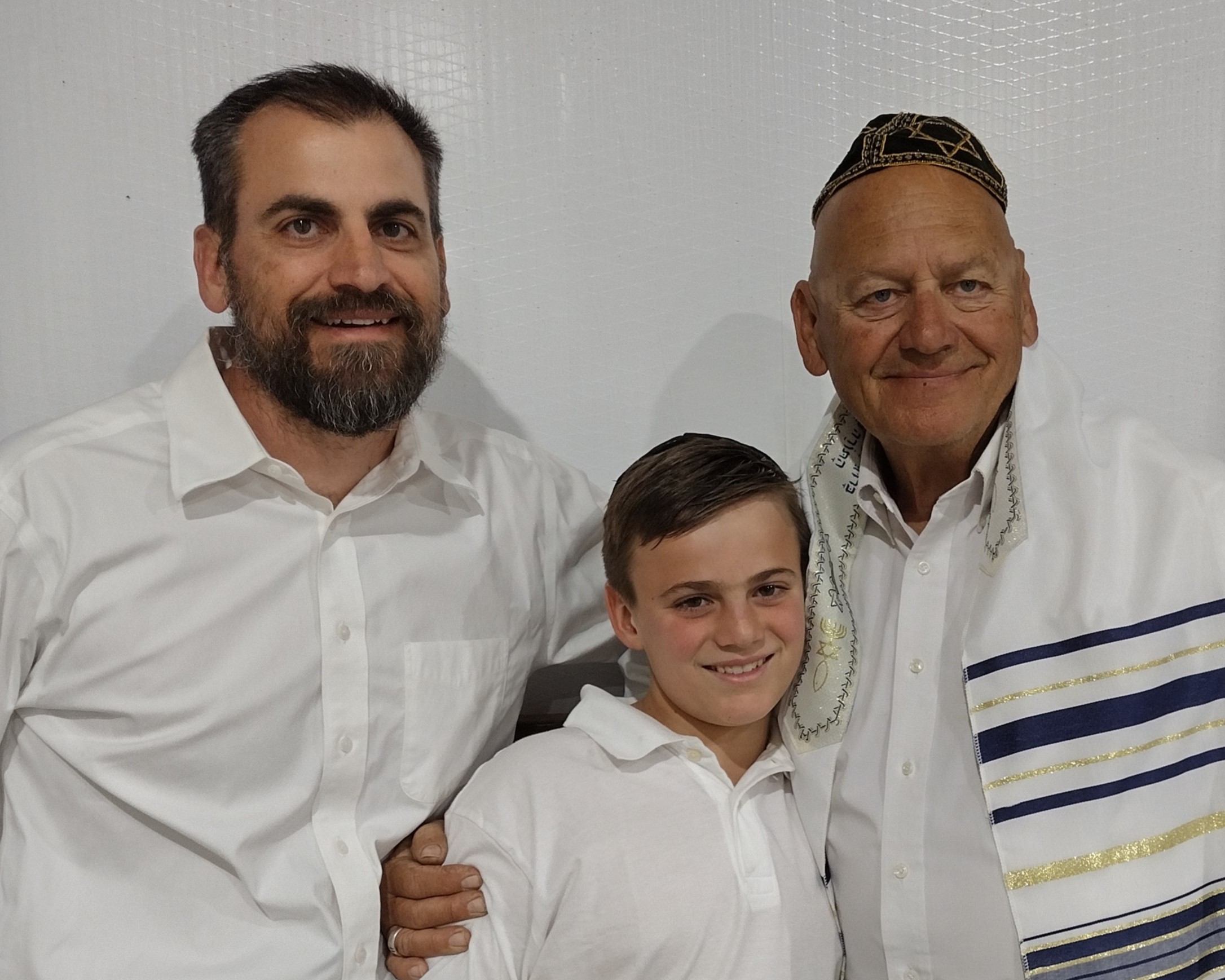What is control? In a simple way, control is our attempt to try and get what we want from the circumstances around us. It is an attempt to remove anything negative or uncomfortable from the situations we are in. People typically control situations in order to remove anything that causes negative feelings.
Where does control come from? Control almost always comes from distorted beliefs. These beliefs are almost always developed from childhood learning in our families or from any trauma in our life. The earlier the trauma the more intense the belief. It is these beliefs or negative memories that trigger the negative emotions that we attempt to avoid.
Let’s look at an example. If I’m really honest about it, I grew up feeling pretty insecure in my relationships. Although I knew I was loved, at the back of my head there was a fear that it could be gone at any time. I was a sensitive kid, and to a large extent, I still am. When I was younger, my dad struggled a lot with anger problems stemming from childhood abuse and neglect. He would have these intense moments where his anger would flare up, and then he would reign it back in. Often he did this by isolating himself and being quiet. If I was the one that he was angry with, these periods of quietness felt like rejection. Being the sensitive kid that I was, I felt this very deeply.
I now realize that he was doing the best he could to not expose me to the anger, but as a child it just felt like punishment through the removal of affection. Consequently, I developed all kinds of coping mechanisms to control the emotions of the situation. I would cope with this by almost begging for reassurance that things would be okay. I went through a period when I apologized for almost everything, even things that were not my fault. At times I would get angry and isolate myself. You can’t be rejected if you’ve already rejected those around you.
At times, I still struggle with feelings of rejection. In my marriage if I feel like I am being ignored or minimized in some way, it triggers some of the same feelings from my childhood. I can become angry and at times have an inability to drop an argument until I feel it is resolved and everything is okay. So the emotions and feelings that I felt in childhood affect my need to control in my adult relationships.
Here is a good exercise for everyone to try. Think about the last time you tried to control or manipulate a situation. What emotions were triggered for you? What part of your life did they come from? The real problem with the need for control is that the beliefs and emotions associated with this need are rarely grounded in reality. In my earlier example, as I have gotten older and had my own children, I now know that my parents were never going to reject me. I know that no matter how mad we got with each other, we were (and will) always come back to the relationship. I also know that even if all my fears were true, “I am still fearfully and wonderfully made,” (Psalm 139:14) and no matter what, Jesus loves me (Galatians 2:20). So even though I felt like I could lose their love and approval or that I was a failure, this was never the reality with them or with God.
So now that we know that much of our control comes from a need to avoid negative emotions or memories from our past, what do we do about it? Earlier I mentioned how we might identify where these memories and emotions come from. Although this can be helpful, it is not necessary in stopping our control. One of the important things to do to reduce our unhealthy control is to ground our thoughts in His truth by holding our controlling beliefs up to the Scripture.
There are four scriptures that I base my truth on:
- “I will praise thee; for I am fearfully and wonderfully made: Marvellous are thy works; And that my soul knoweth right well.” –Psalm 139:14
If I am made by God, and God does not make mistakes, then how I am is how He wants me. I must accept His plan for me. - “I am crucified with Christ: nevertheless I live; yet not I, but Christ liveth in me: and the life which I now live in the flesh I live by the faith of the Son of God, who loved me, and gave himself for me.” –Galatians 2:20
If Jesus loves me, then I have faith that there is no other love that I need. He is enough, and I can be content in Him. - “If ye then, being evil, know how to give good gifts unto your children, how much more shall your Father which is in heaven give good things to them that ask him?” –Matthew 7:11
This reminds me that God sees me as one of His children. He will give me what I need even more than I do for my own children who I love. - “And we know that all things work together for good to them that love God, to them who are the called according to his purpose.” –Romans 8:28
This scripture helps me to see that whatever I am dealing with is part of His plan. He has a purpose for my life, so when I struggle, I just focus on Him and His plan.
These are four truths that I can ground my reality in. When I believe in the truth of the Word, I do not have to react to the emotions that come up.
Next time I write, I will talk about how we reduce our control through radical dependence on Him and His plan. Until next time, walk in His love, acceptance, and perfect plan.
— Written by Jeremiah
Meet the authors.
Listen to us discuss our blogs on our YouTube channel @sanctuaryfamilyfarms.







